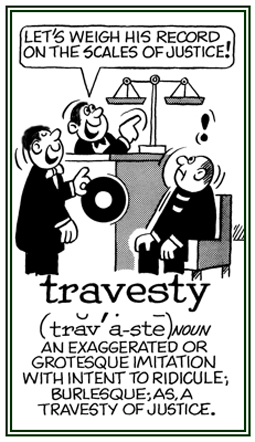trans-, tran-, tra-
(Latin: across, through, over, beyond; on the far side of)
Don't confuse the tra- in this element with another tra- in "drag" or "draw". Trans- becomes tra- before the consonants -d, -j, -l, -m, -n, and -v.
This muscle lies just below the internal oblique, originating from the lumbar fascia, iliac crest, and inguinal ligament.
It spans the area from the pelvis to the abdomen and inserts in the xiphoid cartilage and linea alba.
The transversus abdominis is innervated by the lower thoracic nerves and supplied by the lumbar arteries and this muscle assists in breathing.
Brief clarifications of the above terms as shown in bold words
- transverse fibers: the thin threadlike pieces found in body tissues that form the nerves and muscles extending or lying across bodily parts.
- internal oblique: a slanting, small, thin, deep muscle of the abdomen.
- lumbar fascia: back layer of loose tissue just beneath the skin.
- iliac crest: hip bone.
- inguinal: part of the groin where the abdomen and thighs meet.
- ligament: inelastic white materials which surround the joints, and connect bones, or strengthen the attachments of various organs, or keep them together.
- xiphoid cartilage: bottom part of the breastbone which is firm with very elastic tough tissue.
- linea alba: "white line", a fibrous band running vertically the entire length of the center of the anterior abdominal wall, receiving the attachments of the oblique and transverse abdominal muscles.
In order to be unrecognized by the police when he went into the jewelry store to steal expensive diamonds and cash from the owner, the robber was transvesting as a woman because he knew that the hidden camera would be recording the activities of the heist.
2. Etymology: from Latin trans-, "across" + vestire, "to clothe, to dress".
Go to this Word A Day Revisited Index
so you can see more of Mickey Bach's cartoons.
"In the theater, from ancient Greece to Elizabethan England, transvestites were common in dramas because all of the acting parts were played by men; even Juliet."
2. Something that is shocking, upsetting, or ridiculous because it is not what it is supposed to be: Bertha thought it was a travesty and a tragedy that so many people are denied the right to vote.
The investigation into what caused the accident was so poorly done that it turned into a travesty.
3. A court case that makes a mockery of the legal system: The entire courtroom trial was a travesty of justice.4. Etymology: meaning "dressed so as to be made ridiculous or burlesqued (make funny or joke about)", from French travesti, "dressed in disguise", from travestir, "to disguise", from Italian travestire, "to disguise," from Latin trans-, "over" + vestire, "to clothe".
"Why is there a vest in travesty? Because it comes from Italian travestirse, "to dress up in another person's clothes or vestments; especially, to present a comical imitation or a parody."




